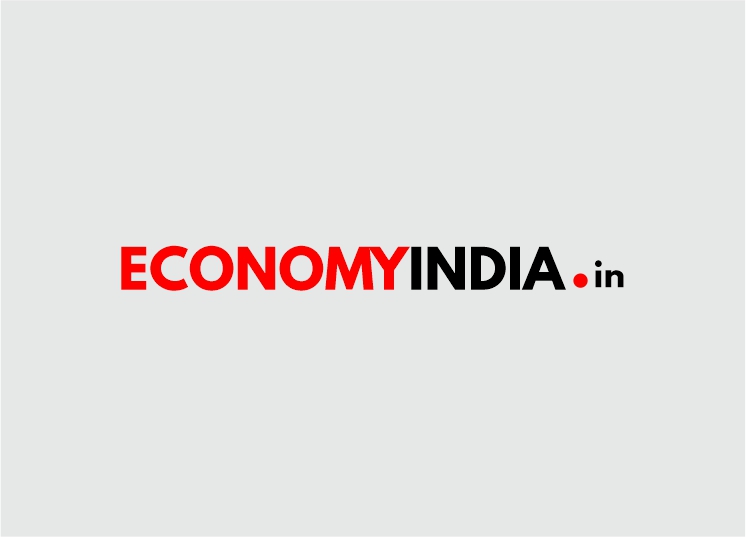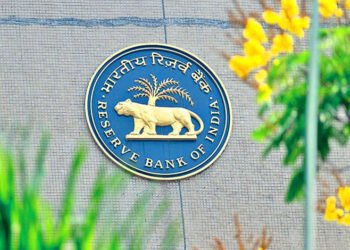The tax revenue in the Union Budget for 2021-22 was estimated at ₹22.17 lakh crore against the revised estimates of ₹19 lakh crore, with a growth of 17%. The Union Budget was presented on 1st February, 2021 when the 1st COVID wave had tapered off in India but the world was facing successive waves.
Against the Union Budget estimates of ₹22.17 lakh crore, the revenue collections as per the pre-actual figures is ₹27.07 lakh crore, almost ₹5 lakh crore above the budget estimates. This is a growth of 34% over last years revenue collection of ₹ 20.27 lakh crore, led by growth of 49% in direct taxes and supported by 20% growth in indirect taxes.
This revenue growth has been propelled by rapid economic recovery after successive waves of COVID, supported by one of the largest immunization programme of the world run by the Government. It also signifies a robust recovery in the economy.
These was also supplemented with better compliance efforts in taxation. Various efforts were taken by tax administration on direct as well indirect taxes to nudge higher compliance through use of technology and artificial intelligence.
2021-22 marks the highest tax-GDP ratio of 11.7%, with direct tax to GDP ratio at 6.1% and indirect tax to GDP ratio at 5.6%. The tax buoyancy (which is a measure of growth in tax revenues as compared to GDP growth) is at a very healthy figure of 1.9, with 2.8 for direct taxes and 1.1 for indirect taxes. The ratio of direct to indirect taxes recovered from 0.9 in 2020-21 back to 1.1 in 2021-22.
The gross corporate taxes during 2021-22 was ₹8.6 lakh crore against ₹6.5 lakh crore last year, which shows that the new simplified tax regime with low rates and no exemptions has lived upto its promise. During the year, Income tax department gave refunds of ₹2.24 lakh core.
During last two years, the effort has been to clear backlog of refunds to infuse liquidity into the hands of businesses. During the year, 2.4 crore refunds were issued that included 2.01 crore related to the year 2021-22, for which the returns were filed till 31st March 2021.
This has been possible due to faster processing of returns. During 2021-22, 22.4% returns were processed on the same day and around 75% returns were processed in less than a month time. The average processing time for returns during 2021-22 was 26 days. During the year, 7.14 crore returns were filed as compared to 6.97 crore last year.
On the indirect taxes, GST has seen an exemplary growth during 2021-22 despite two waves of COVID-19 pandemic. CGST revenues increased from ₹4.6 lakh crore last year to ₹5.9 lakh crore in 2021-22. The average monthly gross GST revenue in 2021-22 was ₹1.23 lakh crore as compared to ₹94,734 in 2020-21 and ₹1.01 lakh crore in 2019-20.
This again signifies a robust rebound in the economy. This has been complemented due to various measures taken to improve compliance. The GSTR-3B filing (percentage of returns of previous month filed till end of the month) improved from 74% in September 2020 to 87% in February 2022.
The GSTR-1 filing has significantly improved from 54% in September 2020 to 82% in February 2022. This also shows that the gap between GSTR-3B filing and GSTR-1 filing has completely narrowed down to the level of elimination.
This shows that the GST ecosystem has appreciated the invoice-based discipline in GST, which not only benefits GST revenues but also contributes to overall formalization in the economy.
The level of economic recovery can also be seen from the value of e-way bills generated every month, which has improved from ₹16.9 lakh crore in January 2021 to ₹25.7 lakh crore in March 2022.
During 2021-22, Customs duty has witnessed a growth rate of 48%. During last two years, Government has undertaken comprehensive review and rationalization of the Customs tariff structure through extensive consultations and crowd sourcing and has rationalized various exemptions and simplified the tariff structure.
It is expected that the trend of recovery in the economy and tax revenues of the Government will continue to grow. (PIB)












